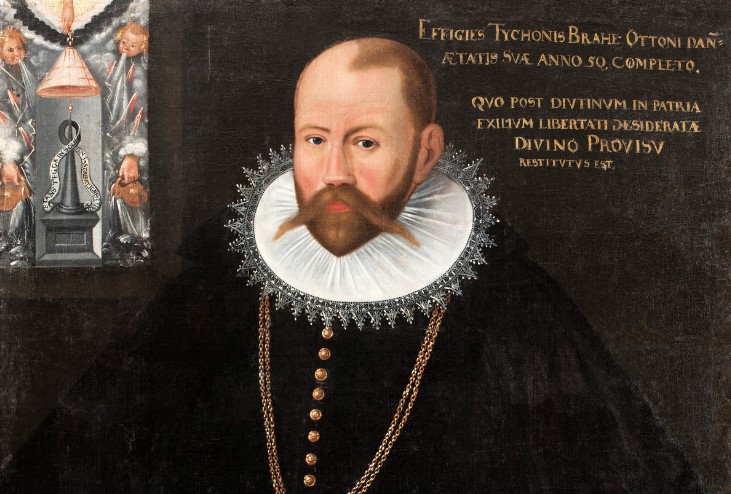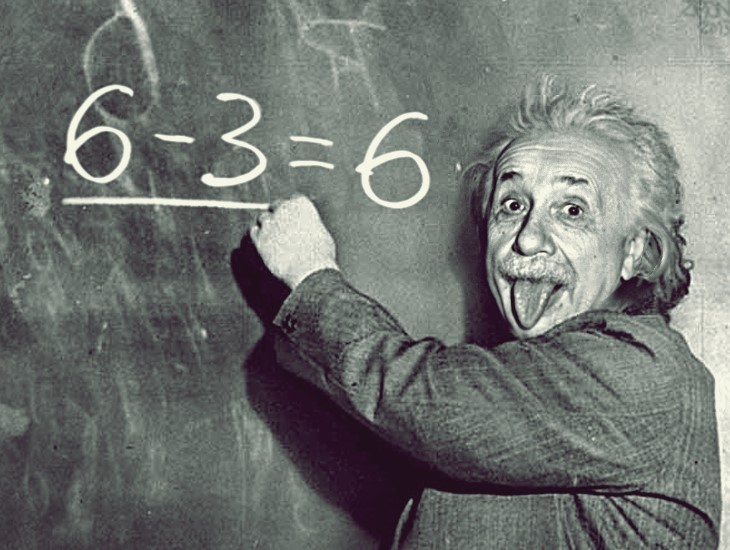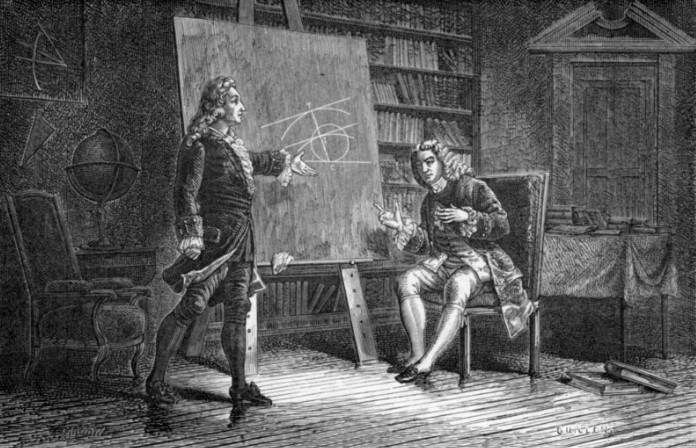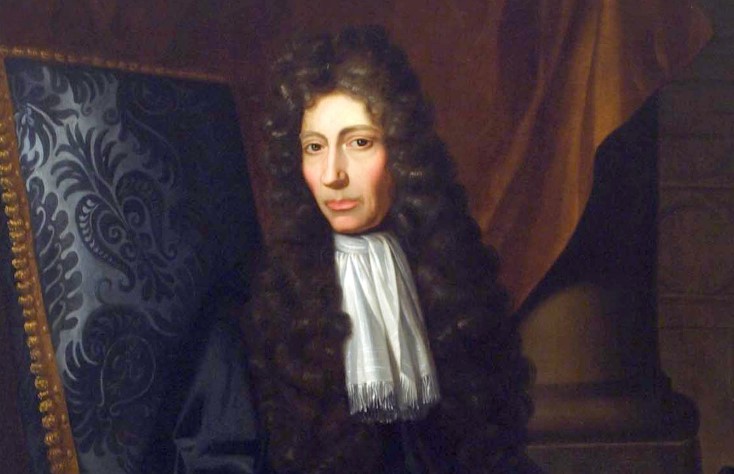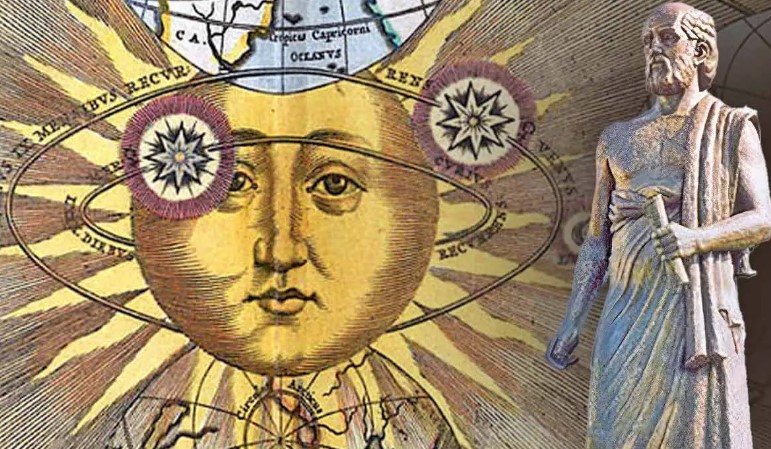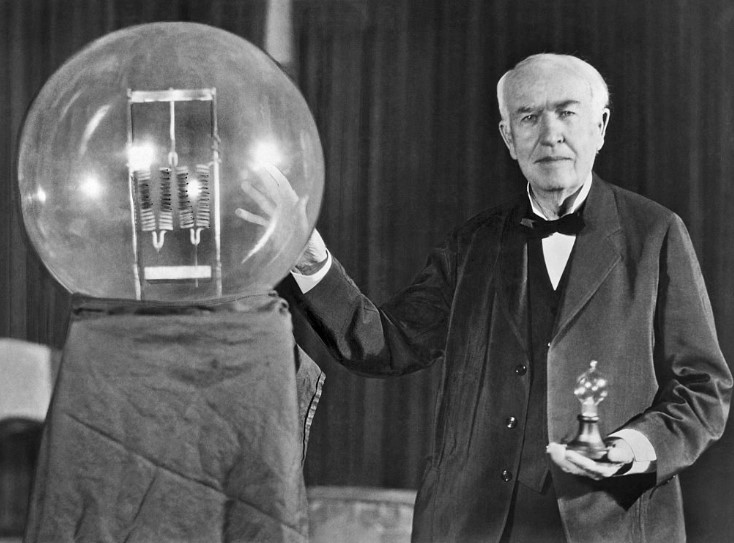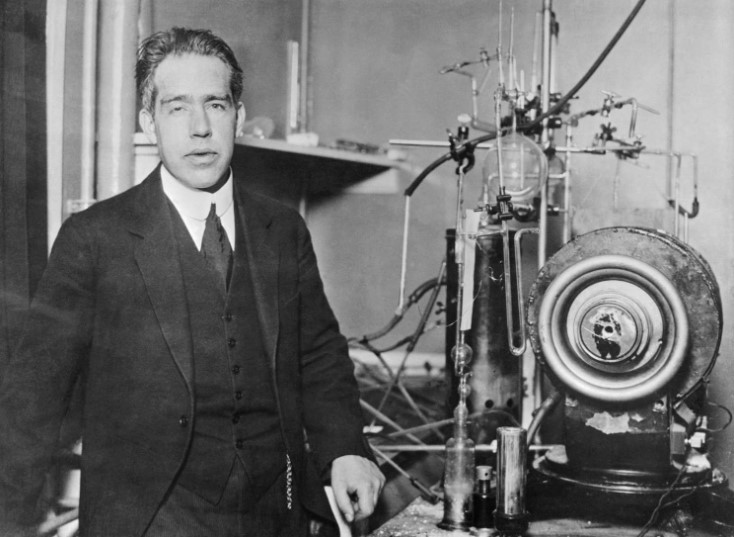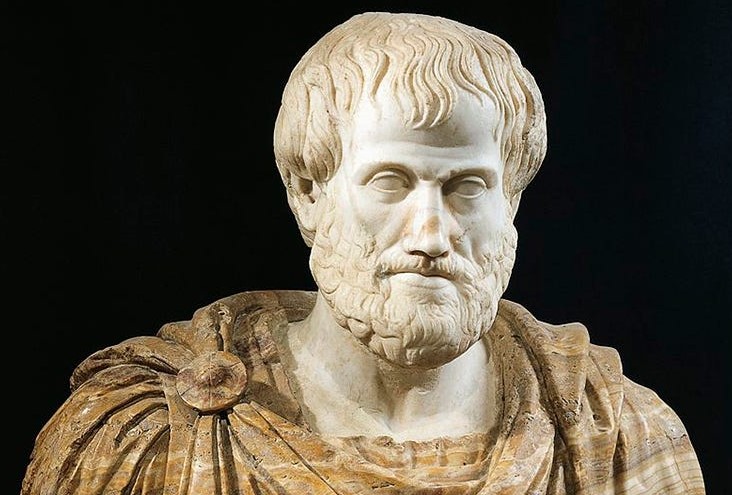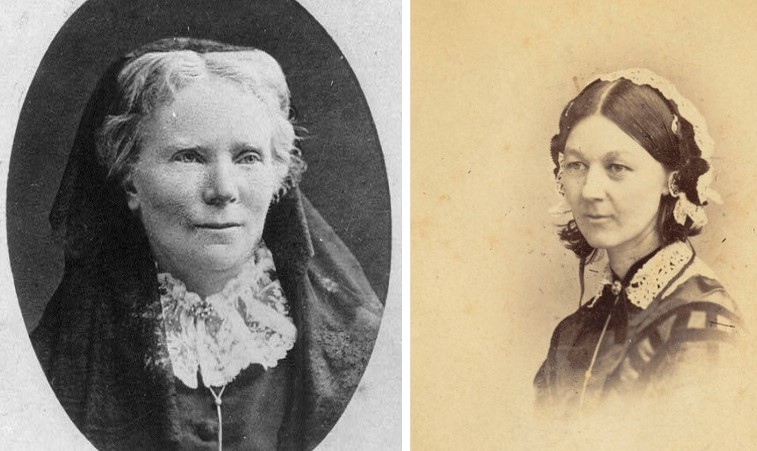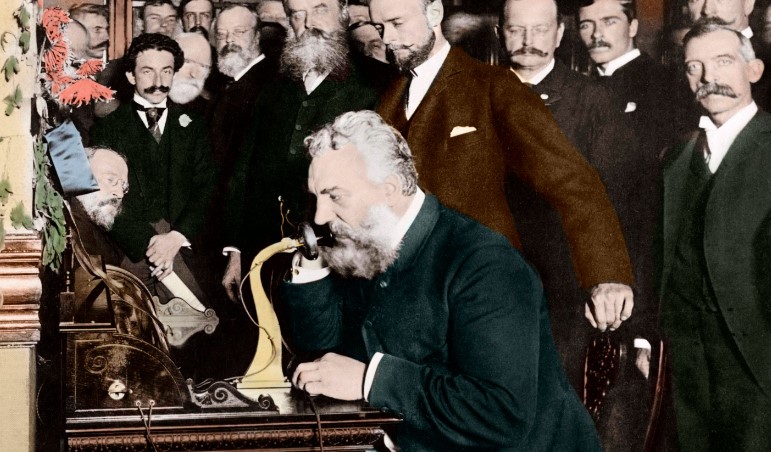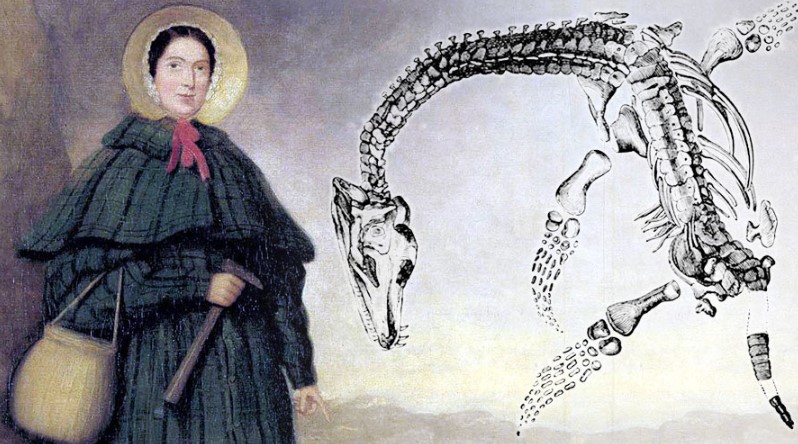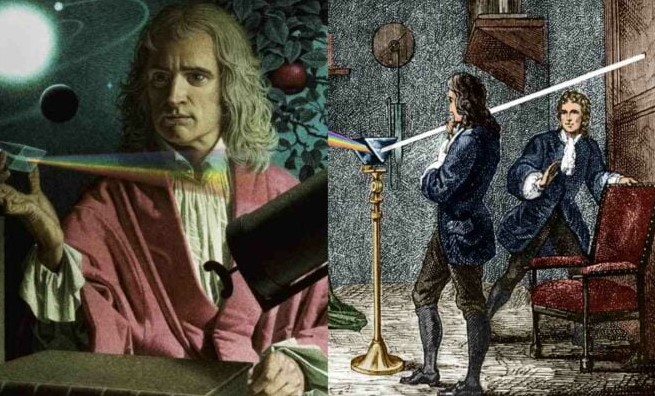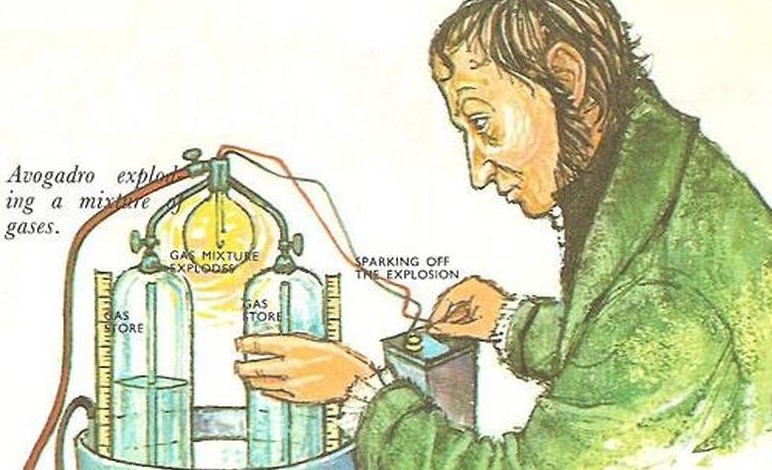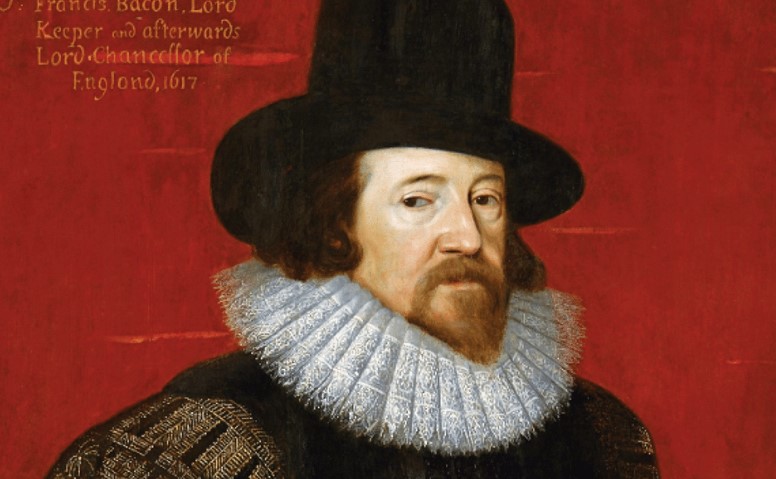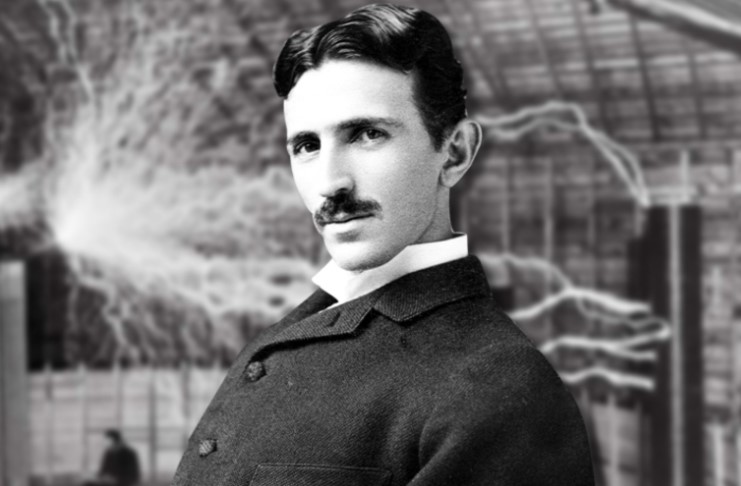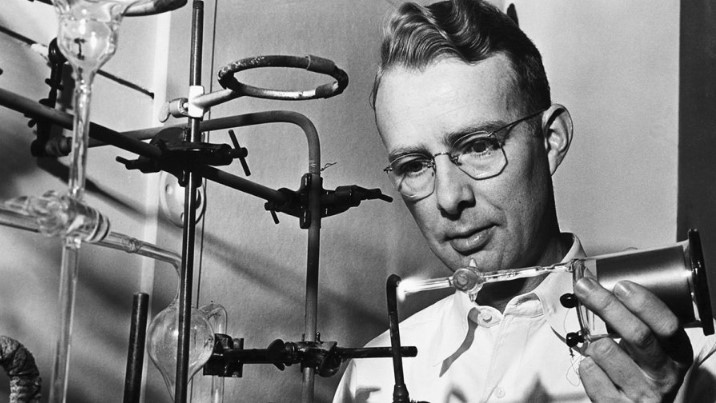-
Tycho Brahe
Introduction When we think about the history of astronomy, names like Copernicus, Galileo, and Newton often come to mind. However, one figure who played a pivotal role in advancing our understanding of the cosmos is Tycho Brahe. A Danish nobleman, Brahe made significant contributions to astronomy with his precise observational data and unique planetary model. Let’s dive into the fascinating life and legacy of Tycho Brahe, a true pioneer of astronomical science. Early Life and Education Born on December 14, 1546, in Scania (now part of modern-day Sweden), Tycho Brahe came from a noble family. His interest in astronomy was sparked at an early age when he witnessed a solar…
-
Robert Boyle: The Pioneer of Modern Chemistry
Robert Boyle, often referred to as the “father of modern chemistry,” made substantial contributions to the field of science that continue to resonate today. His work laid the groundwork for the modern understanding of chemical reactions, the nature of gases, and the scientific method itself. This article delves into the life, work, and enduring legacy of Robert Boyle, showcasing why he is considered one of the most influential scientists in history. Early Life and Education Robert Boyle was born on January 25, 1627, in Lismore Castle, County Waterford, Ireland. He was the fourteenth child of Richard Boyle, the first Earl of Cork, and Catherine Fenton. Boyle’s early education was conducted…
-
Niels Bohr: The Quantum Pioneer
Early Life and Education Niels Bohr, a Danish physicist, is celebrated for his monumental contributions to understanding atomic structure and quantum mechanics. Born on October 7, 1885, in Copenhagen, Denmark, Bohr was immersed in an intellectually stimulating environment from an early age. His father, Christian Bohr, was a professor of physiology, and his mother, Ellen Adler Bohr, came from a well-known banking family. This unique combination of scientific and financial acumen influenced Bohr’s systematic and analytical approach to problem-solving. Bohr’s education commenced at the prestigious Gammelholm Latin School, followed by enrollment at the University of Copenhagen in 1903. He initially pursued philosophy and mathematics, but his fascination with physics soon…
-
Elizabeth Blackwell: Pioneering Woman in Medicine
Introduction Elizabeth Blackwell was a trailblazing figure in the history of medicine, renowned for being the first woman to earn a medical degree in the United States. Her contributions to the medical field were not only groundbreaking but also paved the way for future generations of women physicians. Elizabeth’s story is one of determination, resilience, and an unwavering commitment to improving healthcare for all, particularly women and children. Early Life and Background Elizabeth Blackwell was born on February 3, 1821, in Bristol, England, into a progressive and supportive family. Her parents, Samuel and Hannah Blackwell, were advocates for social reform and provided a nurturing environment that encouraged intellectual curiosity and…
-
Daniel Bernoulli
Introduction Let’s take a fascinating dive into the life of Daniel Bernoulli, a Swiss mathematician and physicist whose work revolutionized several fields. Born into a family of renowned mathematicians, Bernoulli’s contributions laid the foundation for many modern scientific and engineering principles. His work transcends time, influencing contemporary science and engineering practices. But who was Daniel Bernoulli, and why is his legacy so significant? Early Life and Education Daniel Bernoulli was born on February 8, 1700, in Groningen, Netherlands, into a family of mathematicians. His father, Johann Bernoulli, was a prominent mathematician, and his uncle, Jakob Bernoulli, was known for his work in calculus. Growing up in such an intellectually stimulating…
-
Alexander Graham Bell: The Man Behind the Telephone
Introduction When we think about the history of communication, one name inevitably stands out: Alexander Graham Bell. Known primarily for inventing the telephone, Bell’s contributions extend far beyond this single achievement. His innovative spirit and relentless pursuit of knowledge have left an indelible mark on society. Let’s dive into the life and legacy of Alexander Graham Bell, exploring his journey from a curious young boy to one of the most influential inventors of all time. Early Life and Background Alexander Graham Bell was born on March 3, 1847, in Edinburgh, Scotland. He was the second of three children born to Alexander Melville Bell and Eliza Grace Symonds Bell. His father…
-
Francis Bacon
Introduction Who Was Francis Bacon? Francis Bacon, a name synonymous with the early modern period, was a multifaceted English philosopher, statesman, scientist, jurist, orator, and author. Born in 1561, Bacon’s work laid the groundwork for the modern scientific method. His contributions to philosophy, science, and literature are profound, making him one of the most influential figures of his time. The Significance of Francis Bacon Bacon’s significance lies in his revolutionary approach to science and his philosophical ideas that challenged the traditional scholasticism of the Middle Ages. He advocated for empirical research and inductive reasoning, which became the cornerstone of modern scientific inquiry. Early Life and Education Birth and Family Background…
-
Understanding Amedeo Avogadro: Pioneering Contributions and Legacy
Introduction to Amedeo Avogadro Amedeo Avogadro, an eminent 19th-century physicist and chemist, made profound contributions to the understanding of molecular theory, paving the way for modern advancements in chemistry. Born in 1776 in Turin, Italy, Avogadro’s early education in physics and mathematics laid the foundation for his groundbreaking theories, which continue to shape scientific discourse today. Early Life and Education Avogadro pursued a career in law initially but soon developed a keen interest in natural sciences, particularly physics and mathematics. His academic journey led him to become a professor of physics at the University of Turin, where he began formulating his theories that would later revolutionize chemistry. Avogadro’s Law: The…
-
Aristotle
Introduction to Aristotle Who Was Aristotle? Aristotle, the towering figure of ancient Greek philosophy, was born in 384 BCE in Stagira, a small town in northern Greece. He was a student of Plato and the teacher of Alexander the Great. Aristotle’s contributions spanned various fields including metaphysics, logic, ethics, politics, biology, and aesthetics. His work laid the foundation for much of Western philosophy and science, making him one of the most influential philosophers of all time. Importance of Aristotle in Philosophy Aristotle’s importance in philosophy cannot be overstated. He was a prolific writer and a keen observer of the natural world. His systematic approach to studying different subjects and his…
-
Aristarchus: The Pioneer of Ancient Astronomy
Introduction When we think of groundbreaking figures in ancient astronomy, one name often goes unmentioned: Aristarchus. This Greek astronomer and mathematician was a trailblazer who dared to suggest that the Earth orbits the Sun, challenging the widely accepted geocentric model of the universe. Aristarchus’ theories and methodologies laid the foundation for future astronomical discoveries, making him a significant, albeit underappreciated, figure in the history of science. Early Life and Background Aristarchus was born around 310 BCE on the island of Samos, Greece. Little is known about his early life, but it’s clear that he received a robust education, likely influenced by the rich intellectual traditions of his homeland. Samos was…
